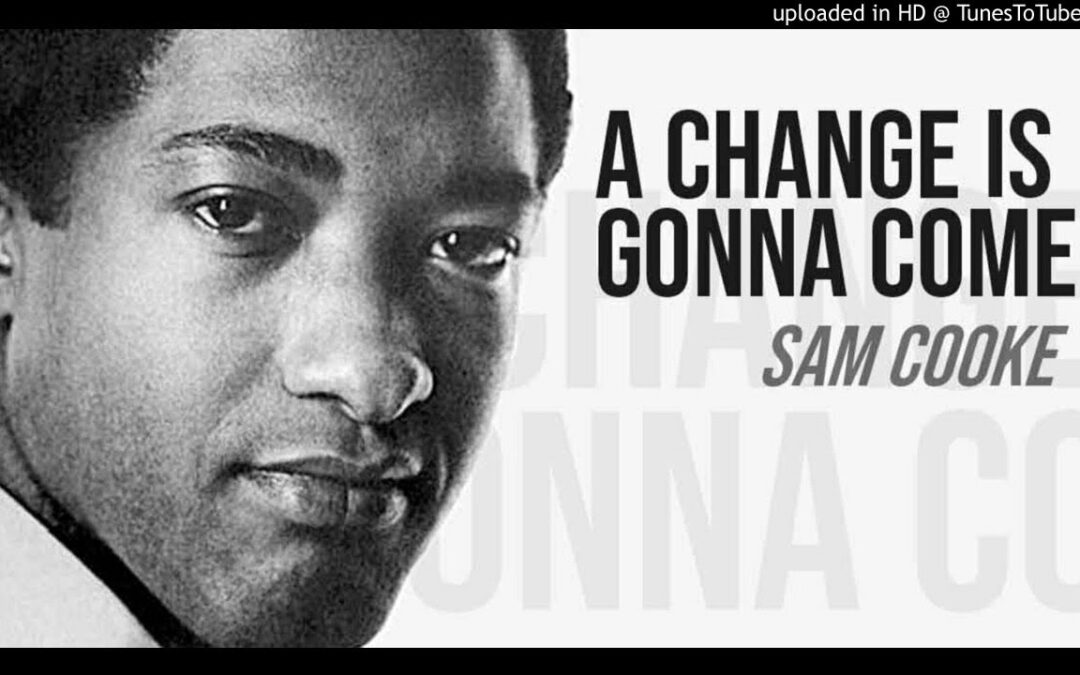First released as a single 60-years ago this December, soul singer Sam Cooke’s “A Change Is Gonna Come” is perhaps the most celebrated and enduring piece of art to emerge from the American Civil Rights Movement. Lesser known, however, is that Cooke wrote the first draft of the song while visiting Durham in May 1963, shortly after meeting with protesting students from N.C. Central University, the city’s historically black university, then known as the North Carolina College at Durham.
On September 18, Emancipate NC Senior Counsel Ian Mance sent a letter to the Durham City Council, detailing Cooke’s visit to Durham to meet with student demonstrators and their supporters, who had gathered by the thousands, to protest racial segregation in public accommodations. The students’ show of power—the largest demonstrations in Durham’s history—prompted Mayor Wense Grabarek to convene a committee that ultimately negotiated the integration of restaurants, hotels, and theaters across the city. The students’ actions inspired Cooke, who returned to his bus and penned the first draft of what would become “A Change Is Gonna Come.”
In 2007, the song was added to the National Recording Registry by the Library of Congress, selected for its cultural, historical, and aesthetic significance. The notes accompanying its induction recognize that Cooke “wrote the song on a bus after speaking to sit-in protestors in Durham, N.C.” Emancipate’s letter, sent in advance of the 60th anniversary of Cooke’s death and the single’s release, both in December, asks the City Council to take action to recognize the connection between Durham, Cooke, and the N.C.C.U. students whose courage moved him to write the song, and proposes several ways they might do that.
